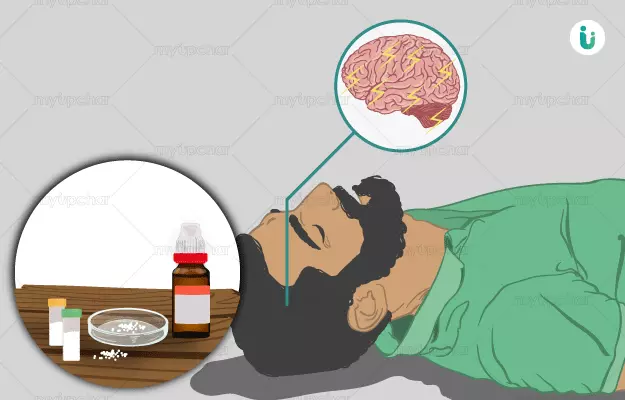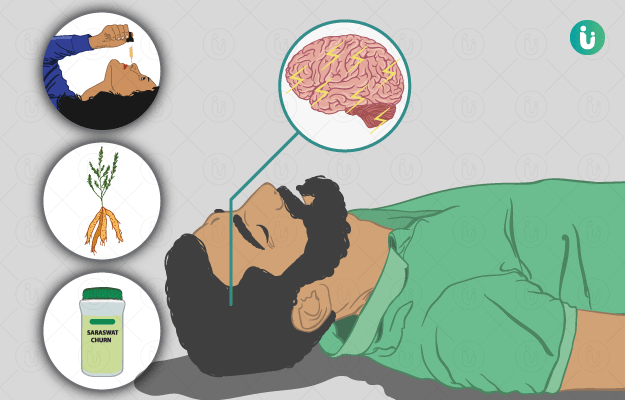Epilepsy is neurological condition that affects the brain and nerves and is usually characterised by frequent seizures. The seizures may not have an identifiable cause in most cases. Epilepsy is not a sign of mental retardation. It is not contagious in nature. It has been seen that about 50% of children outgrow their epilepsy by the time they become adults. Seizures that an individual experiences during epilepsy could either be generalised seizures (which include generalised absence seizures and generalised tonic-clonic seizures) or focal seizures.
Generalised absence seizures usually begin in childhood but can occur in adults as well. These seizures last for a short duration and have symptoms such as staring, lack of expression, unresponsiveness and suddenly stopping activity. The person recovers from the seizure quickly without having any memory of the seizure. Generalised tonic-clonic seizures tend to begin with sudden loss of consciousness along with stiffness of muscles followed by jerking movements. Other symptoms such as the skin turning red or blue, tongue biting, loss of bladder control and confusion are also common during generalised tonic-clonic seizures. A focal seizure, also known as a partial seizure, affects certain parts of the brain and produces symptoms such as unusual movements, feelings or behaviours.
In most cases, the cause of epilepsy remains unknown and undetermined. However, a few factors such as head injury, infections or tumour in the brain, stroke, substance abuse and hereditary factors have been implicated as probable causes.
In order to diagnose epilepsy, a doctor will take a detailed medical history and inquire about the symptoms associated with the episode of seizures. Examination of the nervous system will also be done. Electroencephalography (EEG) and magnetic resonance imaging (MRI) are useful tools for diagnosing epilepsy by monitoring the brain’s activity and obtaining detailed images of the brain.
There are several homeopathic remedies which are known to be helpful in treating epilepsy. Some of these include belladonna, agaricus and nux vomica.


































